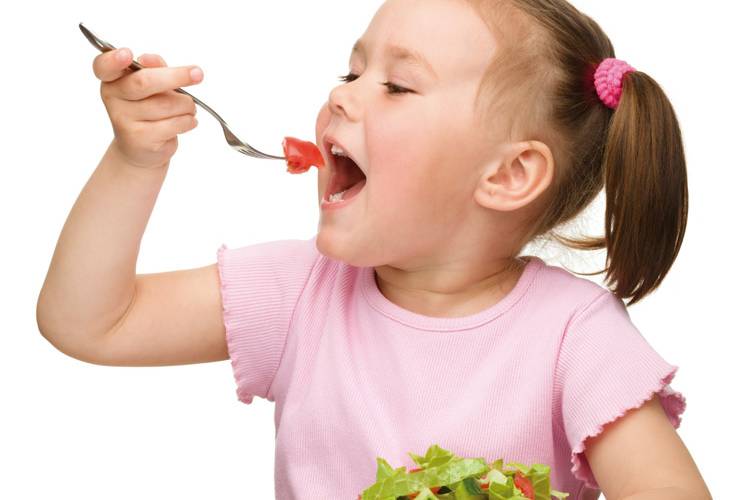Nutrition and academic performance
Is there any relationship between a child’s diet and their ability to learn? Although there are many factors that can influence our children’s learning, one of the most important is nutrition.
child care
Share

The brain requires between 20% and 30% of all the energy consumed by the body and in the case of the younger members of the family, this need for energy becomes even more evident, because they are still growing. But where do they get that energy from?
BREAKFAST, A REAL MUST
The Spanish Paediatrics Association determines that between 6% and 8% of children or adolescents do not have anything to eat before going to school, a fact that may eventually increase child obesity figures. This fact is very serious, since after more than eight hours of sleep, during which nothing is ingested, the body needs to “recharge its batteries” with a good breakfast to face the day with enough energy.
A HEALTHY, BALANCED BREAKFAST
Dairy products: a glass of milk, yogurt or a piece of fromage frais.
Fruit: This can be whole or juiced, although it is better to avoid packaged juices, as they contain added sugar.
Cereal: bread, biscuits, flakes… these provide glucose, which helps concentration.
Olive oil: ideal as a complement to bread.
Accompaniments: you can accompany cereals with jam or low-fat cold cuts.
If children go to school without any breakfast they will be tired and drowsy, and this will negatively influence their attention, concentration, memory and even their attitude. Also, as they will be hungry, it is more likely that they will end up eating some sweets, or processed baked goods, foods not recommended as they can produce great peaks and dips in their glucose levels.
FAST FOOD: BE CAREFUL!
Everyone knows that an excess of fast food can be detrimental to their health. It is true that many children like this type of food but, like sweets, they should be reserved for special days. We must aim for a healthy, balanced diet every day.
For breakfast and mid-morning snack, the recommendations are to take a piece of fruit, a sandwich with turkey, ham, cheese or sausage and, if they want a cake, it should be homemade. If we avoid processed goods and foods like chips and other derivatives, we will ensure that our children’s health will be better in the future
WATER
Most people, including children, drink less water than they need in order to be properly hydrated. And if we are dehydrated, we may have digestive problems, headaches or lack of concentration. Therefore, it is an essential component for proper academic performance.
The recommended consumption is between 1.5 and 2 litres per day. If children find it difficult to drink all the water they need, we can replace some of it with natural juices or more fruit. And we must avoid, as much as possible, soft drinks and bottled juices.






